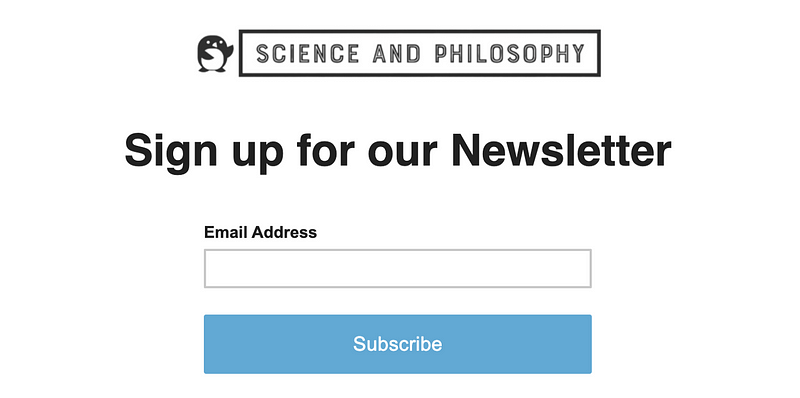# The Critical Need for Bioethics Education in Schools
Written on
Chapter 1: Understanding Bioethics
What exactly is bioethics? The term “bio” stems from the Greek word “bios,” which translates to “the course of life,” encompassing all matters related to living organisms. On the other hand, “ethics,” derived from the Greek “ethos,” refers to principles governing how we should conduct ourselves. While ethics explores moral philosophy, it primarily deals with societal rules, whereas morals pertain to personal beliefs.
Bioethics broadly examines the intersection of ethics and life. More specifically, it often pertains to ethical considerations within biological and biomedical research, but its scope is expanding. Bioethics can be seen as an approach to ethics informed by scientific understanding—branches like animal ethics and climate ethics illustrate how scientific insights apply to ethical dilemmas.
Despite its significance, bioethics remains underrepresented outside academic circles, which is unfortunate. It embodies the convergence of science and philosophy, addressing pressing global challenges.
Chapter 2: Bioethics and Climate Change
The concept of “climate ethics” might seem contradictory. Ethics typically revolves around individual decisions, yet the complexity of assigning responsibility in the climate crisis complicates matters. Is it corporations, consumers, or governments that bear the burden? Moreover, is it ethical for influential individuals to implement geoengineering solutions without public consent? Such questions highlight the need for bioethics to navigate the scientific realities of climate change alongside ethical considerations.
Chapter 3: Animal Welfare and Species Preservation
Each year, an unimaginable number of animals suffer and die due to food production, including millions of cows and billions of chickens. Recent advancements in understanding animal behavior reveal that our previous assumptions about their capacity for pain and suffering were significantly underestimated. The moral implications of how we treat animals—especially given the vast differences in their nervous systems—pose challenging questions. How do we determine the rights of different species? Can we justify culling certain populations for ecological balance? In a world increasingly focused on sustainability yet reliant on meat consumption, these discussions are more critical than ever.
Chapter 4: The Role of Bioethics During a Pandemic
The COVID-19 pandemic has thrust bioethics into the spotlight. For the first time, society faced questions of resource allocation on a massive scale. Who should receive medical care when resources are scarce? Should we prioritize certain demographics over others? The ethical dilemmas surrounding clinical trials and informed consent have also emerged, particularly when risks are uncertain. The pandemic has revealed stark inequalities in global healthcare, emphasizing the need for a more equitable approach.
Chapter 5: How to Engage with Bioethics
For those interested in learning about bioethics, numerous online resources are available, including academic articles and opinion pieces. Platforms like Bioethics.net and Voices in Bioethics provide valuable insights. YouTube is also a treasure trove of lectures and discussions on the subject. Consider enrolling in courses such as the Bioethics Summer Institute at Yale, which can provide profound insights into the field. Engaging with bioethical issues in your daily life—whether through personal reflection or policy analysis—can enhance your understanding.
Looking ahead, it’s imperative that bioethics becomes a formal part of school curricula. No other discipline unites science and technology with philosophy and politics, which are vital for understanding contemporary global challenges. In an era marked by political unrest, environmental crises, and ethical dilemmas in medicine, the relevance of bioethics has never been greater. High school students must learn to critically analyze the implications of decisions affecting the climate and public health through a bioethical lens.
